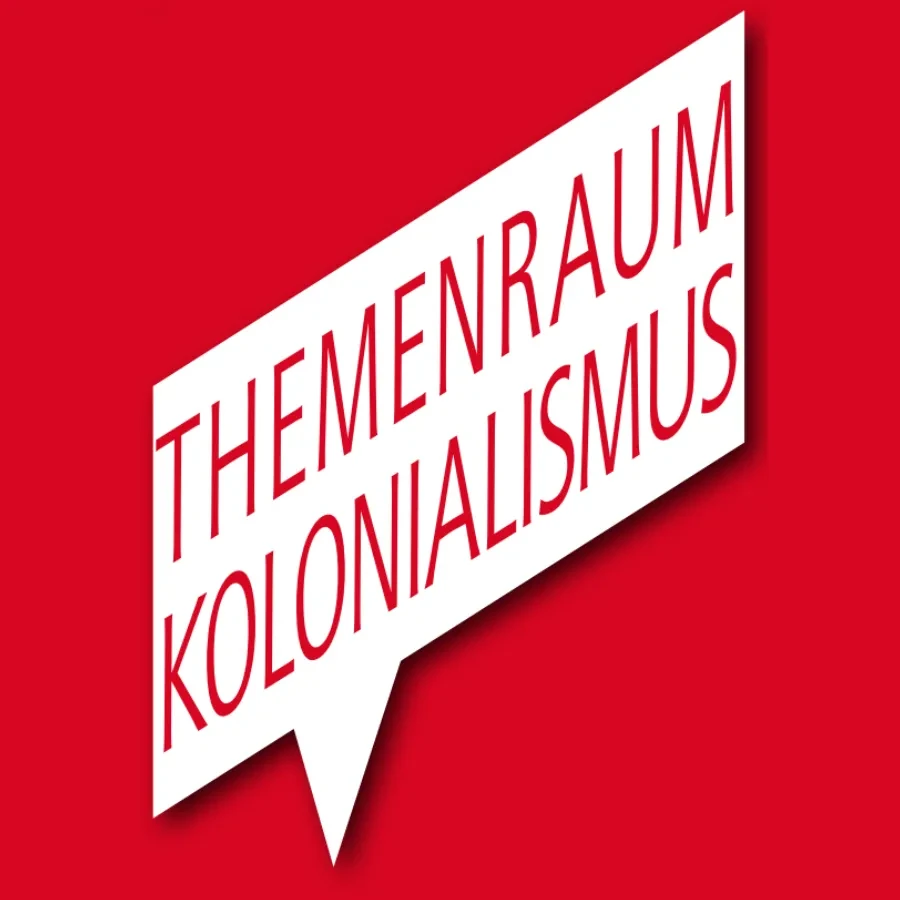You are warmly invited to (re)visit the Colonialism Focus Exhibition at the Münster City Museum before it closes and to participate in the final events — guided tours, workshops, and collaborative program activities.
Besides the following events, additional tour dates are available upon request.
20 Jan
Curator-led tour of the exhibition. Participation fee: €5, reduced €3. Limited number of participants. Meeting point at 4:00 pm in the museum foyer. Led by Johannes Jansen. More information here.
24 Jan
Public guided tour of the exhibition. Participation fee: €5, reduced €3. Limited number of participants. Meeting point at 4:00 pm in the museum foyer. More information here.
28 Jan
Film screening and discussion led by Cactus Young Theatre in Münster. As part of the special exhibition “Colonialism Focus Exhibition,” a special film screening will take place on Wednesday, 28 January at 6:00 pm at the Münster City Museum. In the museum cinema, all interested visitors are invited to watch a 30-minute documentary about an exciting theatre exchange with Münster’s partner city Tamale in Ghana. More information here.
29 Jan
Reading and discussion with Mirrianne Mahn about her debut novel Issa (2024, Rowohlt Verlag). An event in the accompanying program of the “Colonialism Focus Exhibition,” organized by the City of Münster and the University of Münster at the Münster City Museum. Admission free (starts at 6:00 pm). More information here.
3 Feb
Study Day in the Colonialism Focus Exhibition. Four-hour workshop for school classes (secondary level and above), led by history students from the University of Münster. Registration required. Starts at 10:00 am. More information and registration here.
4 Feb
Study Day in the Colonialism Focus Exhibition. Four-hour workshop for school classes (secondary level and above), led by history students from the University of Münster. Registration required. Starts at 10:00 am. More information and registration here.
5 Feb
Study Day in the Colonialism Focus Exhibition. Four-hour workshop for school classes (secondary level and above), led by history students from the University of Münster. Registration required. Starts at 10:00 am. More information and registration here.
6 Feb
Workshop “History in Four Paintings – Colonialism and Its Legacy.” This interactive workshop offers the opportunity to discuss German colonialism and its lasting consequences through four paintings by artist Naseer Alshabani. Led by Serge Palasie (Eine Welt Netz NRW). Starts at 4:00 pm. Registration required. More information here.
7 Feb
Public guided tour of the exhibition. Participation fee: €5, reduced €3. Limited number of participants. Meeting point at 4:00 pm in the museum foyer. More information here.









